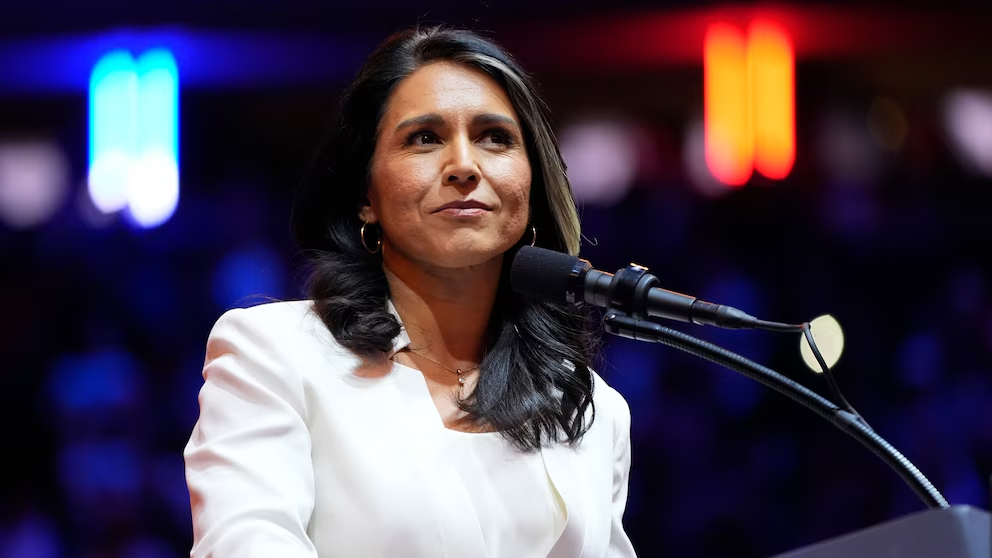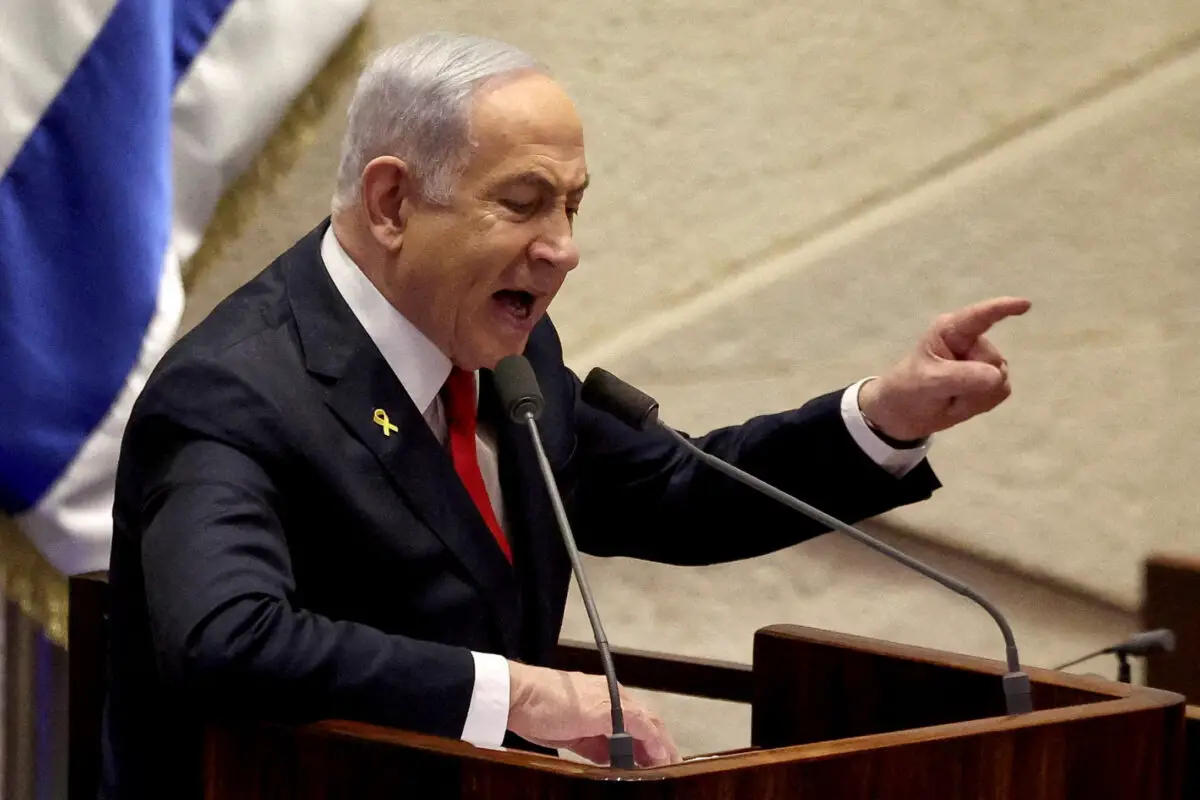Former Congresswoman Placed on Watchlist, Sparks Debate
Former Democratic congresswoman Tulsi Gabbard, a recent Donald Trump presidential-elect nominee as Director of National Intelligence, made news recently after appearing briefly on the TSA’s Quiet Skies watchlist, a program that flags for additional security screenings using an algorithm identifying patterns in travel and foreign associations.
While Gabbard insists her inclusion was politically motivated, officials point to her international travels, including an infamous visit to Syria in 2017, as the spark that set off the flag.
Quiet Skies: A Controversial Watchlist
The TSA’s Quiet Skies program is distinct from the FBI’s terror watchlist. It uses less stringent criteria, focusing on travel history and foreign connections to identify potential security risks. Officials explained that this program is “risk-based, random, and unpredictable.”
Sources close to the case of Gabbard described that her inclusion most likely was due to the traveling patterns rather than national security concerns. This raises major concerns over the vetting process for high-level nominees in intelligence.
Gabbard’s Allegations of Political Targeting
Gabbard blamed the Biden administration for adding her to the list, stating that the move was a direct attack on her. She posted on X (formerly Twitter): “The Harris-Biden regime has now labeled me a domestic terror threat. Why? They see me as a threat to their power.” However, officials dismissed the claims, stating that her inclusion was because of an algorithm flagging her international activities.
Controversial Foreign Connections
Gabbard’s foreign travel history includes her highly scrutinized visit to Syria in 2017, where she met President Bashar al-Assad. Critics argue that this trip, alongside her comments regarding Russia and Ukraine, places her foreign connections under suspicion.
Controversial remarks have also raised questions from Republican senators about her qualifications for being the Director of National Intelligence. Some lawmakers are concerned that some of her previous remarks have a sympathetic tone towards Russian narratives.
Implications for U.S. Security Protocols
Gabbard’s brief appearance on the Quiet Skies list raises questions about the vetting process of intelligence nominees. Her international connections would normally be checked through a standard background check, but the Trump administration may sidestep some procedures to get her confirmed as quickly as possible.
The incident has brought up more general concerns over the balance between security and political neutrality in the use of watchlists.
Quiet Skies vs. Terror Watchlists: Key Differences
The Quiet Skies program is not a traditional terrorist watchlist. Instead, it is designed to enhance security through additional screenings based on travel data and associations. Unlike the FBI’s terror watchlist, it does not require strong evidence or imminent threat indicators.
However, critics mention that its lack of transparency as well as the algorithmic decision-making capabilities can lead to errors, similar to Gabbard. Officials point out that what the program aims to do is identify potential risks, not describe people as threats.
Political Fallout and Public Perception
Gabbard’s accusations now give the controversy a political flavor, further igniting debates over the improper use of security tools. Her charges of political targeting have become an anthem to conservative voters, who like the tales of government overreach.
However, on the flip side, her opponents say her controversial foreign connections need to be probed, particularly for an individual nominated to lead U.S. intelligence operations.
A Broader Question: Are Watchlists Fair?
The controversy surrounding Gabbard’s placement on the watchlist raises larger questions about the fairness and effectiveness of programs like Quiet Skies. Are these lists truly serving national security, or are they prone to misuse and error?
As the U.S. enters a new political era, the balance between maintaining security and protecting individual rights remains a critical concern.
A Complex Web of Security and Politics
The brief inclusion of Tulsi Gabbard on the Quiet Skies watchlist highlights the complexities of modern security protocols. Even as officials maintain that her case was algorithm-driven, her claims of political targeting reflect growing concerns about the potential misuse of surveillance programs.
As debates over her nomination and the role of watchlists continue, one thing is clear: the intersection of politics and security has never been more contentious. Gabbard’s case may serve as a catalyst for reforming how these tools are used and monitored.
credit
Related Post











